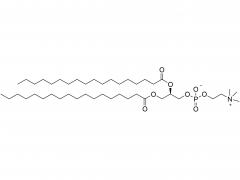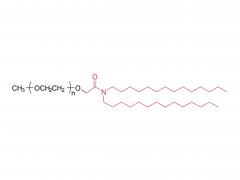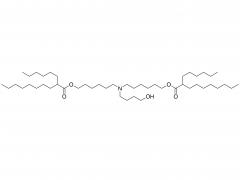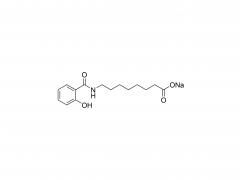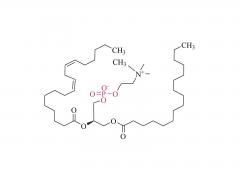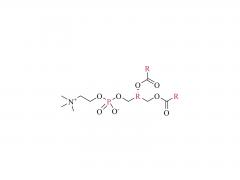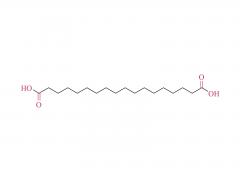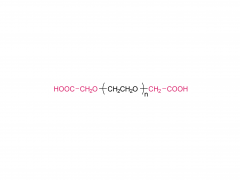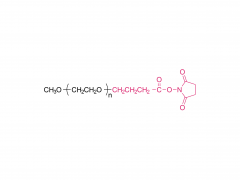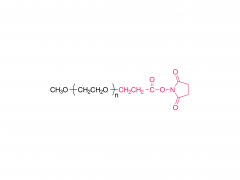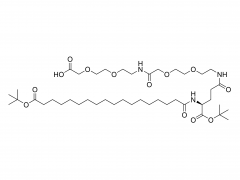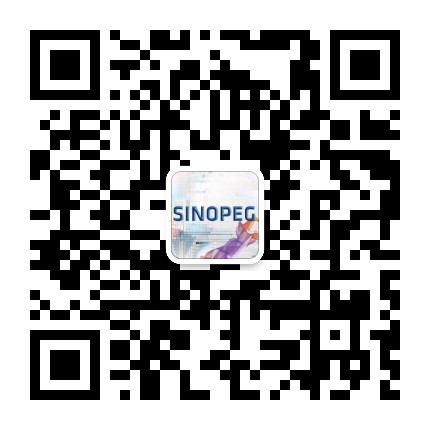#ASOs #antisense oligonucleotide #GalNAc #drug delivery #ligand targeting
Drug development scheme using the GalNAc conjugate, is better suited for selecting BNA-based ASOs, especially for the treatment of liver-associated diseases.
 gnitude
gnitude
https://www.cell.com/molecular-therapy-family/molecular-therapy/fulltext/S1525-0016(22)00428-2
Antisense oligonucleotides (ASOs) containing bridged nucleic acids (BNAs) have been proven to be very powerful. However, there is still a challenge to ensure a reliable discovery and translational development scheme for this class of ASOs with wider therapeutic windows. The robustness of the scheme was demonstrated in the context of the selection of ASOs, which have two different BNA chemistries (2,′4′-BNA/locked nucleic acid [LNA] and amido-bridged nucleic acid [AmNA]) targeting human proprotein convertase subtilisin/kexin type 9 (PCSK9). A two-step process was shemed, including a unique and sensitive in vitro screening approach, called Ca2+ enrichment of medium (CEM) transfection, and a ligand-targeted drug delivery approach to better reach target tissues, averting unintended accumulation of ASOs. An N-acetylgalactosamine (GalNAc) ligand then was appended to the candidate ASO to further broaden the therapeutic margin by altering the molecule’s pharmacokinetics. With reduced nephrotoxicity in rats, the GalNAc conjugate, HsPCSK9-1811-LNA, was found to be at least ten times more potent in non-human primates. Overall, a drug development scheme was shown better suited for selecting clinically relevant BNA-based ASOs, especially for the treatment of liver-associated diseases.






